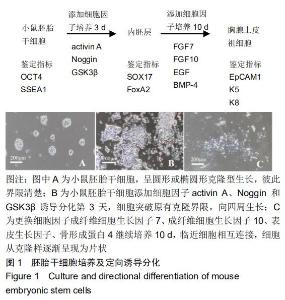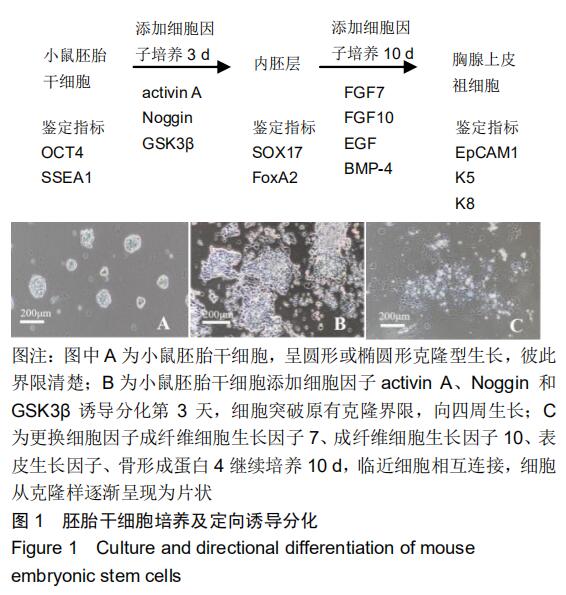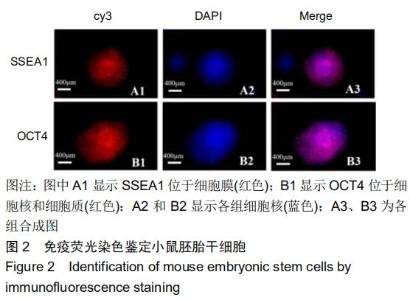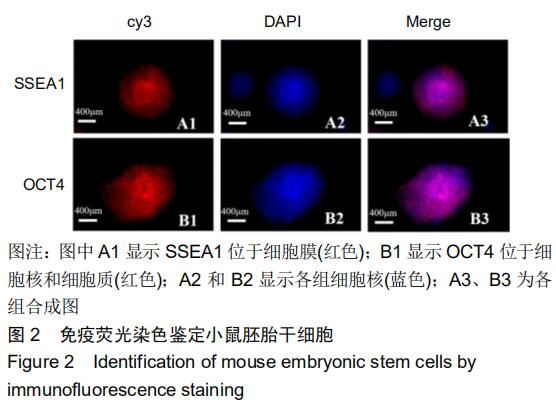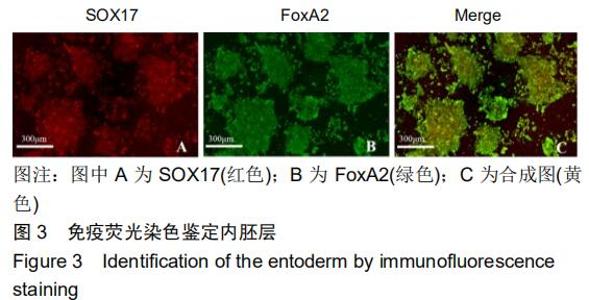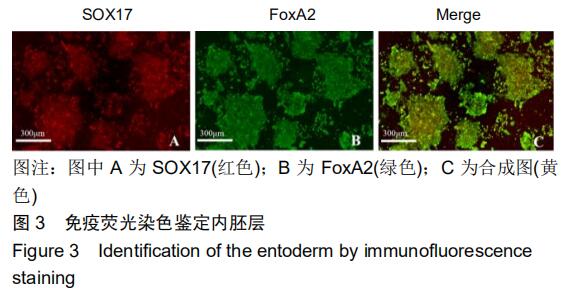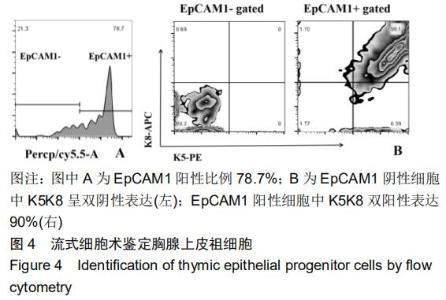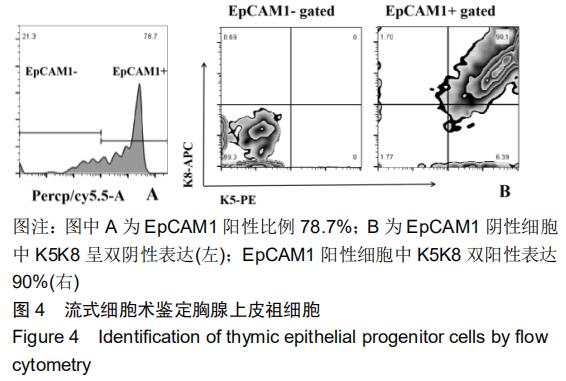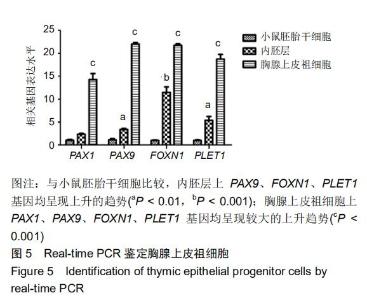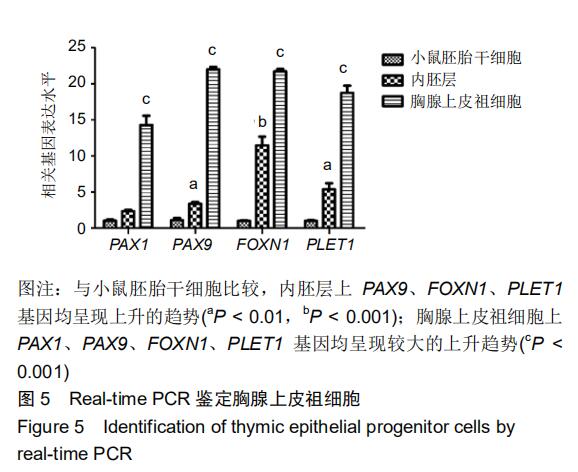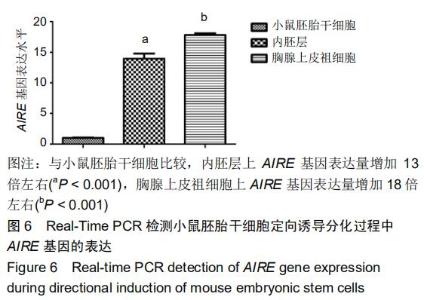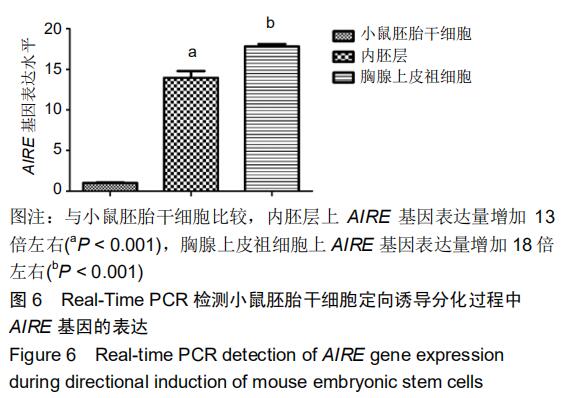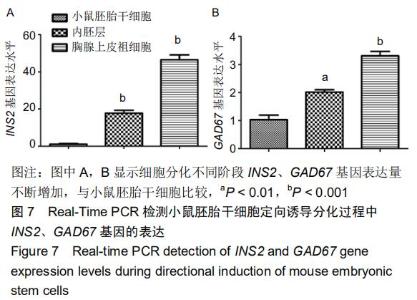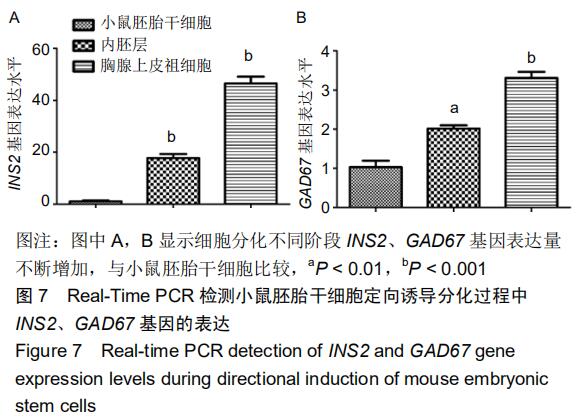|
[1] LAI L, JIN J. Generation of thymic epithelial cell progenitors by mouse embryonic stem cells. Stem Cells. 2009;27(12):3012-3020.
[2] SU M, HU R, JIN J, et al. Efficient in vitro generation of functional thymic epithelial progenitors from human embryonic stem cells. Sci Rep. 2015;5:9882.
[3] ANDERSON MS, VENANZI ES, CHEN Z, et al. The cellular mechanism of Aire control of T cell tolerance. Immunity. 2005;23(2):227-239.
[4] NISHIJIMA H, KAJIMOTO T, MATSUOKA Y, et al. Paradoxical development of polymyositis-like autoimmunity through augmented expression of autoimmune regulator (AIRE). J Autoimmun. 2018; 86:75-92.
[5] SPECK-HERNANDEZ CA, ASSIS AF, FELICIO RF, et al. Aire Disruption Influences the Medullary Thymic Epithelial Cell Transcriptome and Interaction With Thymocytes. Front Immunol. 2018;9:964.
[6] ABRAMSON J, GIRAUD M, BENOIST C, et al. Aire's partners in the molecular control of immunological tolerance. Cell. 2010;140(1):123-135.
[7] MATHIS D, BENOIST C. Aire. Annu Rev Immunol. 2009;27:287-312.
[8] FINNISH-GERMAN APECED CONSORTIUM. An autoimmune disease, APECED, caused by mutations in a novel gene featuring two PHD-type zinc-finger domains. Nat Genet. 1997;17(4):399-403.
[9] NAGAMINE K, PETERSON P, SCOTT HS, et al. Positional cloning of the APECED gene. Nat Genet. 1997;17(4):393-398.
[10] ABBOTT JK, HUOH YS, REYNOLDS PR, et al. Dominant-negative loss of function arises from a second, more frequent variant within the SAND domain of autoimmune regulator (AIRE). J Autoimmun. 2018; 88:114-120.
[11] YAN Y, SU M, SONG Y, et al. Tbx1 modulates endodermal and mesodermal differentiation from mouse induced pluripotent stem cells. Stem Cells Dev. 2014;23(13):1491-1500.
[12] SU MA, ANDERSON MS. Pulling RANK on Cancer: Blocking Aire-Mediated Central Tolerance to Enhance Immunotherapy. Cancer Immunol Res. 2019;7(6):854-859.
[13] JIN R, AILI A, WANG Y, et al. Critical role of SP thymocyte motility in regulation of thymic output in neonatal Aire-/- mice. Oncotarget. 2017; 8(1):83-94.
[14] ANDERSON MS, VENANZI ES, KLEIN L, et al. Projection of an immunological self shadow within the thymus by the aire protein. Science. 2002;298(5597):1395-1401.
[15] LAAN M, PETERSON P. The many faces of aire in central tolerance. Front Immunol. 2013;4:326.
[16] OFTEDAL BE, HELLESEN A, ERICHSEN MM, et al. Dominant Mutations in the Autoimmune Regulator AIRE Are Associated with Common Organ-Specific Autoimmune Diseases. Immunity. 2015; 42(6):1185-1196.
[17] FORNARI TA, DONATE PB, MACEDO C, et al. Age-related deregulation of Aire and peripheral tissue antigen genes in the thymic stroma of non-obese diabetic (NOD) mice is associated with autoimmune type 1 diabetes mellitus (DM-1). Mol Cell Biochem. 2010;342(1-2):21-28.
[18] DRACHEVA S, ELHAKEM SL, MCGURK SR, et al. GAD67 and GAD65 mRNA and protein expression in cerebrocortical regions of elderly patients with schizophrenia. J Neurosci Res. 2004;76(4): 581-592.
[19] BIN G, JIARONG Z, SHIHAO W, et al. Aire promotes the self-renewal of embryonic stem cells through Lin28. Stem Cells Dev. 2012;21(15): 2878-2890.
[20] GU B, ZHANG J, CHEN Q, et al. Aire regulates the expression of differentiation-associated genes and self-renewal of embryonic stem cells. Biochem Biophys Res Commun. 2010;394(2):418-423.
|
